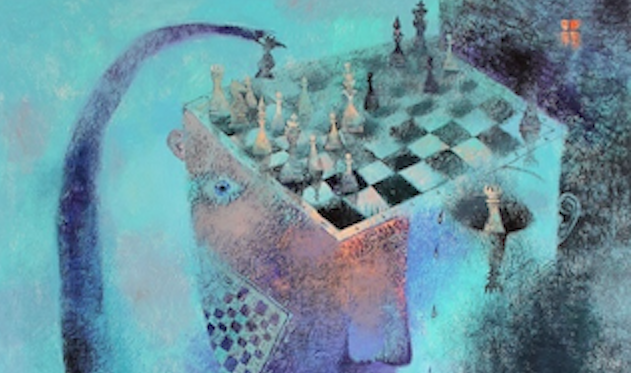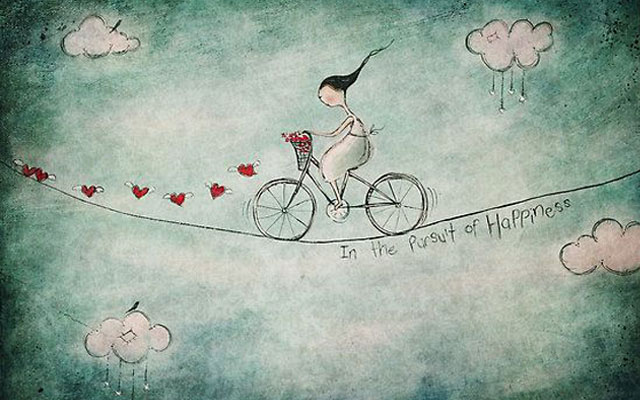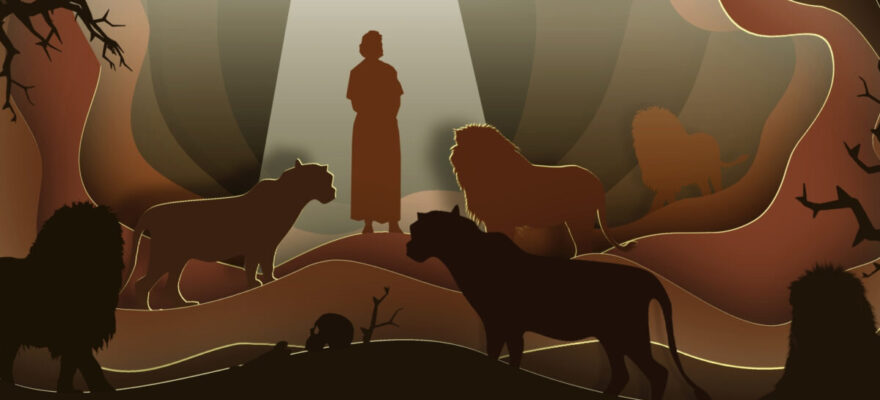As you go deeper into the heart, the mirror becomes clearer and cleaner. -Rumi Carl Gustave Jung, the renowned psychiatrist and psychanalyst defines the inner dialogue as an essential tool of human beings. Often heard at times of inner conflict, it is the precursor of a decision, and propels the self to discern good from bad. Instantaneously sparking self-reflective activity in the mental-psychic fronts, it tends to generate action. The eminent child psychologist D.W. Winnicott defines it as an essential part of development of the “self”. He says: The conversation takes place in the space between fantasy and reality where one feels …
Year: 2024
Avicenna (970-1037) the 11th century medical savant and philosopher foretold the imperative role of emotions on human psyche and behavior. He wrote in his preeminent book, The Canon of Medicine : “Emotions impact health and behavior, and they should be managed to gain self-mastery.” Centuries later, James Gross, director of the Stanford Psychophysiology Laboratory known with his emotion regulation model explains: Emotional regulation refers to the process by which individuals influence which emotions they have, when they have them, and how they experience and express their feelings. Human ability to control and regulate emotions using reason and willpower is …
Daniel, the pious sage, master interpreter of dreams and seer lived in Mesopotamia at the time when Babylon and Ancient Persia were reaching the heights of civilization (circa 700 – 500 BC). He was an upright man distinguished with his unwavering faith in God and courage among his kindreds many of whom worshipped kings and deities. His exemplary life and deeds became the subject of the Book of Daniel written in that epoch. The tale recounts that the king of Babylon, Nebuchadnezzar, having heard about Daniel’s unequaled giftedness, summoned him to the palace. Thereupon Daniel was obliged to serve in …
Winter of 1939. Finland is invaded by the Red Army. The Finns are far inferior in numbers and artillery. But they have “sisu” in greater quantities as the story goes. Using their cross-country skiing skills, they manage to surprise and disperse the Russian troops. The Finns describe “sisu” as the guts, the courage of the lesser. A mixture of audacity and perseverance which leads to never giving up, even when all seems lost. It is an inner strength that transforms one’s supposed inferiority to advantage by thinking out of the box. Joanna Nylund, author of “Sisu, the Finnish Art of …












Social Profiles